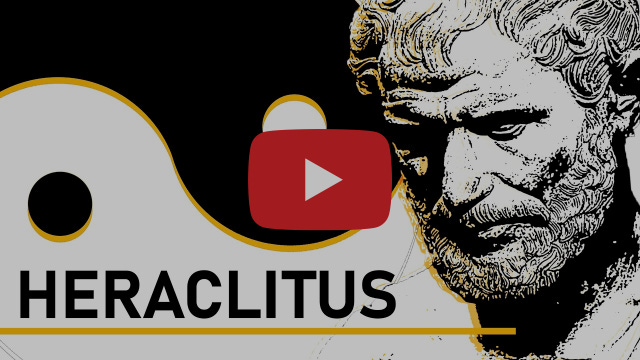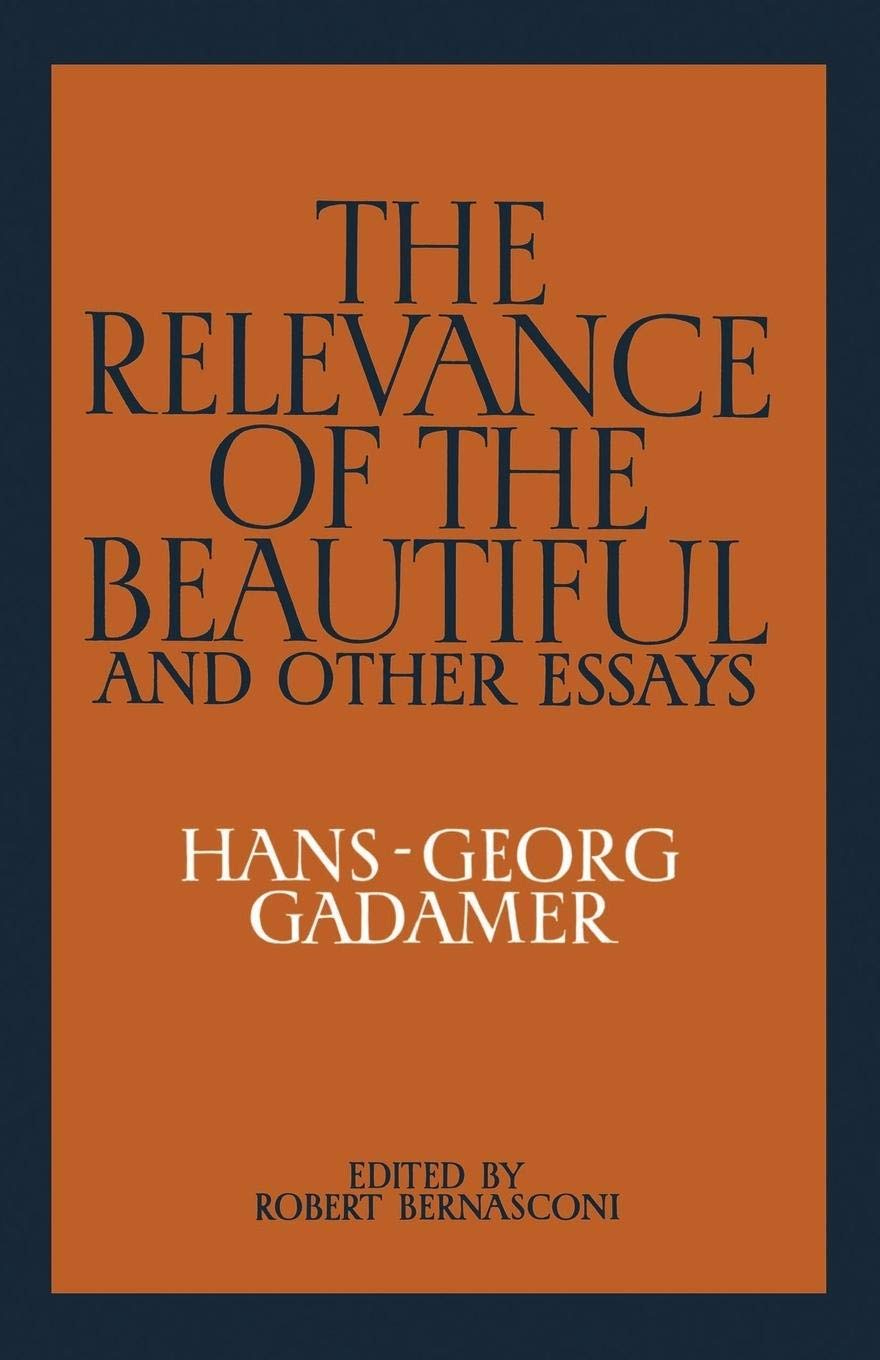The Intellect’s Dualism
“What we call the Western tradition is formed by two major influences, Hebraic and Greek, and both these influences are profoundly dualistic in spirit. That is, they divide reality into two parts and set one part off against the other.
“The Hebrew makes his division on religious and moral grounds: God absolutely transcends the world, is absolutely separate from it; hence there follow the dualisms of God and creature, the Law and the erring members, spirit and flesh.
“The Greek, on the other hand, divides reality along intellectual lines. Plato, who virtually founded Western philosophy single-handed … absolutely cleaves reality into the world of the intellect and the world of the senses. The great achievement of the Greeks was to define the ideal of rationality for man; but in doing so, Plato and Aristotle not only made reason the highest and most valued function, they also went so far as to make it the very center of our personal identity.
“The Orientals never succumbed to this latter error; favoring intuition over reason, they grasped intuitively a center of the personality which held in unity the warring opposites of reason and unreason, intellect and senses, morality and nature.
“So far as we are Westerners, we inherit these dualisms, they are part of us: an irrationally nagging conscience from the Hebrews, an excessively dividing rational mind from the Greeks. Yet the experience of modern culture, in the most diverse fields, makes them less and less acceptable.”
— William Barrett
May we find the Narrow Path that is the Middle Way,
Simeon
“When you make the two one, and when you make the inner as the outer and the outer as the inner… then shall you enter the Kingdom.”
— Gospel of Thomas, Saying 22
Heraclitus | The Union of Opposites
Heraclitus saw that what appears divided is often most alive in its union. In this video, we explore how his thought anticipates a wisdom far older than the West’s dualisms—a way of seeing that does not split the world, but holds its contradictions in dynamic balance.
Suggested Reading
The Relevance of the Beautiful and Other Essays by Hans-Georg Gadamer
Can beauty mend a split mind? In The Relevance of the Beautiful, Hans-Georg Gadamer explores how art and experience reveal a truth that reason alone cannot reach. This book is a call to heal the Western mind, not by abandoning intellect, but by listening again to the music beneath it.
Order here and support SEEKER TO SEEKER at no extra cost.




